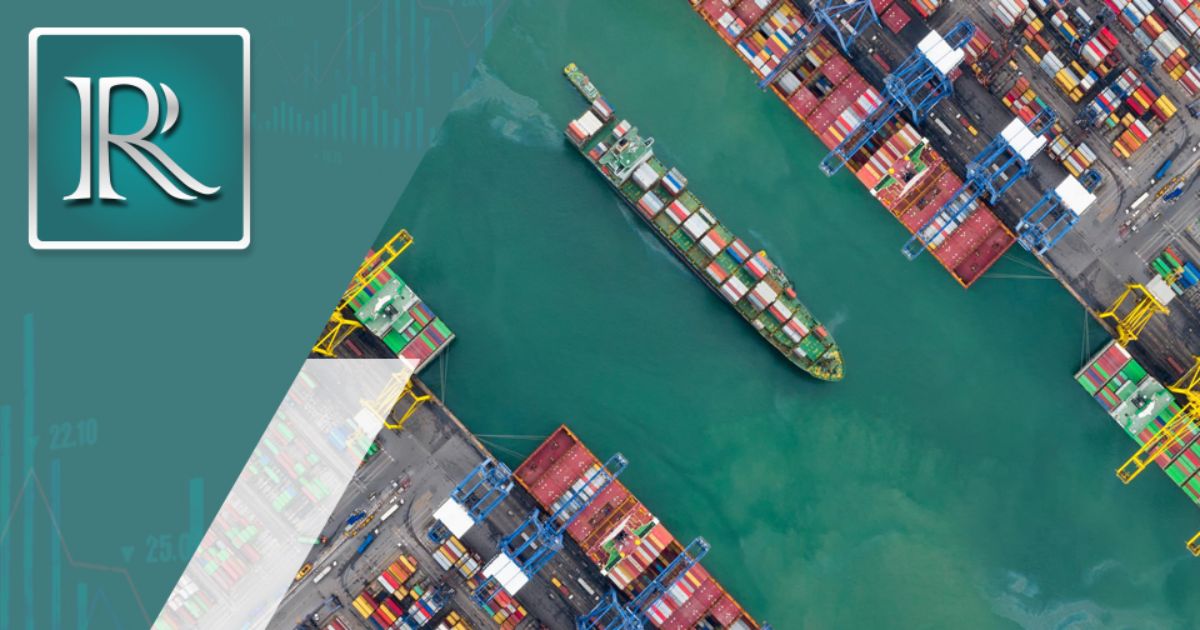
This article is included in these additional categories:
Raco Investment, a leading firm specializing in logistics and supply chain sectors, has announced its forecast for significant maritime supply chain efficiency advancements over the next year. With industry knowledge and data-driven insights, the firm anticipates that cutting-edge technologies and improved operational processes will substantially enhance global maritime logistics.
The Increasing Importance of Maritime Supply Chains
Maritime transport is the cornerstone of global trade, carrying over 80% of the volume of international trade in goods. This pivotal role is even more pronounced for developing countries, where maritime supply chains are vital in facilitating trade flows. Projections from the United Nations Conference on Trade and Development (UNCTAD) indicate a moderate growth rate of 1.4% for global maritime trade in 2022, with a further expansion anticipated from 2023 to 2027 at an annual average of 2.1%.
These forecasts underscore the imperative for strategic investments and resilience-building measures to meet future trade demands. However, amidst these projections lies the shadow of heightened maritime risk, particularly evident heading into the second half of 2024, with potential implications for global trade. Factors such as the lingering effects of the COVID-19 pandemic and disruptions like canal delays contribute to this elevated risk profile.
In an era marked by complex economic landscapes and shifting geopolitical currents, the efficiency and reliability of maritime supply chains are paramount. The latest report from Raco Investment outlines several technological and procedural innovations expected to revolutionize global maritime operations.
Technological Innovations Set to Transform Maritime Logistics
Raco Investment highlights several key technologies poised to make a transformative impact:
- Automation and Robotics: The adoption of automated systems and robotics in ports and cargo ships is set to streamline operations, minimize manual errors, and enhance the efficiency of loading and unloading processes.
- Blockchain Technology: Implementing blockchain will enhance transparency and security in maritime transactions and documentation, leading to smoother operations and fewer delays related to compliance and paperwork.
- Advanced Data Analytics: Sophisticated analytics will improve the management of shipping routes and inventories, significantly reducing operational delays and cutting supply management costs.
- IoT Deployments: The integration of the Internet of Things (IoT) within maritime infrastructure will enable continuous monitoring and real-time data analysis, facilitating optimal routing decisions and predictive maintenance to prevent equipment failures.
Economic and Environmental Benefits
The integration of these technologies is expected to reduce operational costs by up to 30% and shorten shipping times by as much as 25%. This promises to boost profitability for shipping companies and lower prices for end consumers, thereby enhancing global trade efficiency.
From an environmental standpoint, these advancements will yield substantial benefits. Optimized shipping routes and more efficient vessel loading strategies will decrease fuel consumption, thus reducing the carbon footprint of maritime operations. The increased use of electric and autonomous ships will further diminish environmental impact, aligning with global sustainability goals.
Addressing Potential Challenges & Strategic Recommendations
While the forecast is largely positive, Raco Investment recognizes the challenges accompanying significant technological shifts. These include the need for substantial investments in technology and potential cybersecurity risks due to increased digitalization. The firm recommends a proactive approach, including robust cybersecurity measures and collaboration with technology providers to ensure smooth integration and maximization of these new tools.
- SEO Powered Content & PR Distribution. Get Amplified Today.
- PlatoData.Network Vertical Generative Ai. Empower Yourself. Access Here.
- PlatoAiStream. Web3 Intelligence. Knowledge Amplified. Access Here.
- PlatoESG. Carbon, CleanTech, Energy, Environment, Solar, Waste Management. Access Here.
- PlatoHealth. Biotech and Clinical Trials Intelligence. Access Here.
- Source: https://www.environmentenergyleader.com/2024/05/raco-investment-predicts-major-advancements-in-maritime-supply-chain-efficiency/
